Imagine, if you will, that you’re a slightly unhinged military dictator with a country’s resources at your fingertips, a hefty dose of paranoia, and an inferiority complex the size of a crater. Your capital city is based on the coast, you’re convinced that US will attack at any minute, and that they’ll come from the sea.
What do you do?
Build a new capital city, of course.
Now first you’re going to need a location. Best to start in the middle of nowhere; fresh start and all that. How about this gigantic tract of virgin rainforest, uninhabited for at least 2,000 years? Labour’s no problem. Just ship in a load of peasants, give them machetes and absolutely no communication with the outside world. Slash and burn, mix some cement, eradicate the mosquito infestation; boom, you’re laughing.
You’ve never done this before, have you? You’ll probably need some architectural and financial assistance, not that we’ll acknowledge either. What about the country that’s always nudging you about cooperation? You know, the one which knows what they’re doing when it comes to magically erecting enormous cities from scratch with no immediate promise of inhabitation? Yeah, China. Get them on board.
Ship me somewheres east of Suez, where the best is like the worst,
Where there aren’t no Ten Commandments an’ a man can raise a thirst;
For the temple-bells are callin’, an’ it’s there that I would be
By the old Moulmein Pagoda, looking lazy at the sea– Rudyard Kipling, Mandalay
Visitors to Myanmar complain bitterly – and not unreasonably – about the country’s accommodation. Overpriced and under-supplied, it’s different from other south-east Asian countries in that reservations are strongly advised, prices are double what you might expect, and the quality half as good. Fearful that we’d end up on the streets if we didn’t book ahead, we temporarily switched tactics and planned our itinerary day-by-day, knuckling down for six hours to research train times and book hotels. For future Myanmar visitors, this is definitely a recommended approach.
Our tendency on this trip has been to intricately plan border crossings, invest our energy into simply arriving legally, and then turn up in the destination town with a sigh of relief and little idea of what to do next.
Hence we found ourselves in Dawei: a town very far off Myanmar’s standard tourist route, and in an area only accessible to foreigners since 2013.
It’s not a whole lot longer since the rest of the country opened itself up to tourism, still less since the anti-government groups gave the ethical go-ahead for people to visit. It’s a complicated situation. Only last November, the first vaguely democratic elections took place, unequivocally voting in the opposition party. But tensions were still running high. A law had been passed by the outgoing military government, effectively denying Aung Sung Su Kyi the opportunity to hold office, and at the time of our visit nobody yet knew what was going to happen next.
By this point in the trip, land borders had become practically pedestrian. So the knowledge that almost everyone who crossed overland into Myanmar from Thailand did so at Mae Sot / Myawaddy meant that we were far more intrigued by the less accessible alternative route further south.
I scoured online for information on the Phu Nam Ron / Htee Khee crossing and found two helpful accounts of bloggers who had trodden the path in previous years.
Step one: take the train from Bangkok.
Onward transportation from Koh Samui, organised by opportunistic but efficient tour companies, was plentiful and easy. They branded us with stickers and pointed us towards a catamaran filled with hangovers, which zipped to the mainland, where buses branched off to various destinations: the train station, the airport, a selection of hotels. We bemoaned the lack of autonomy whilst happily leaving the organisation to somebody else, dodged the hobbling tourists with their moped injuries (of which there were an alarming number), and leapt on the first train to Chumphon.
On a Thursday afternoon many moons ago, my friend and then-colleague Madeleine asked if I wanted to join her that evening at a secret tiny post-premiere gig by formerly-Prince-formerly-Squiggle-now-Prince-again*. It involved going home to change into suitable attire and also pack for a wedding I was heading to straight from the office the following day, returning to Soho for 11pm, falling into bed around 3am, then sloping back to work a few hours later, suitcase in tow.
Naturally, I jumped at the chance.
Of course, she knew I’d say yes. We’ve always admired each other’s determination to seize the day. Or, you know, both have a severe case of FOMO.
Therefore when, prior to my departure, Madeleine and I discussed my impending travel plans, and I said “you should join us when we’re in South East Asia!” and she said “ok! Tell me when you’re in Thailand and I’ll fly out”, I knew she meant it.
I’m strangely intrigued by international borders. I think it’s because as a Brit, we don’t have any. I don’t really understand why I can’t simply step over the imaginary line a few miles down the road, thus avoiding all the tedious formalities, but that aside, they intrigue me with their subtlety. The scenery should be identical. The vegetation remains the same. Unlike in Britain, where crossing into a neighbouring state involves traversing either over or under a large body of water, there is no buffer zone to enable a distinct separation of cultures and therefore there should be no obvious difference.
There is, of course.
Despite my nightmare visions before leaving Singapore’s reassuring confines, Malaysia (at least the peninsular bit) is of course one of Asia’s most developed countries, and KL is where all the cool kids hang out.
Thankfully we had a guide to show us how the locals do it, in the form of Rob, a half-Malaysian friend from London who had recently relocated to this fine city. It was with him that I got to try the traditional chicken rice we’d missed in Singapore (“ours is better anyway”, I was confidently informed – with no frame of reference I wasn’t about to deny it), breakfast at a banana leaf restaurant – where curry is literally served on a banana leaf instead of a plate (environmental!), and even traditional nasi lemak at his aunt’s house in the suburbs. Not only were we fed, watered and shown a much-missed dose of family familiarity, we were also taught how to eat mangosteens and identify the ripest dragon fruit. (I was convinced I would remember this sage advice forever until I went to buy one in Thailand and realised it was something to do with the scaly bits but for the life of me I now can’t remember whether they’re supposed to be big or small, and stick out or lie flat. Absolute fail).
If Christmas crept up on us unannounced then that was nothing compared to New Year’s Eve.
There’s a certain anxiety that precedes a new country on a long-term trip like this. It’s that nervous fluttering which accompanies most excited holiday-makers in the days before they depart: the excitement of a new destination mixed with fear of the unknown. I’ve noticed it creeping up on me every time: from Poland to Belarus to Russia to Korea to Indonesia to Singapore and now here it was again. This time it was compounded by Singapore’s silky-smooth effortlessness and the knowledge that life on the trip would never be so easy again. Malaysia was talked of in somewhat patronising terms by most Singaporeans, who praised the beauty and wildness of its landscape but seemed only too grateful to return to their country’s well-oiled machine. Malaysia began to loom in my mind as a hotbed of piratical lawlessness.
Nobody likes change.
Only joking. I like change. It’s one of the reasons I love London. (It’s also one of the reasons I left London). But when it comes to Christmas, change is very, very bad.
That’s probably why we neglected to plan where we would spend the day itself: the idea of this beloved annual tradition being so utterly bereft of all the identical customs, clichés and cracker jokes was too traumatic. Add in the lack of proper build-up and I could just pretend it wasn’t happening.
Then suddenly there was less than a fortnight to go, our parents were asking “where are you spending Christmas?” and we thought – crap, where are we spending Christmas? Probably ought to get that sorted.
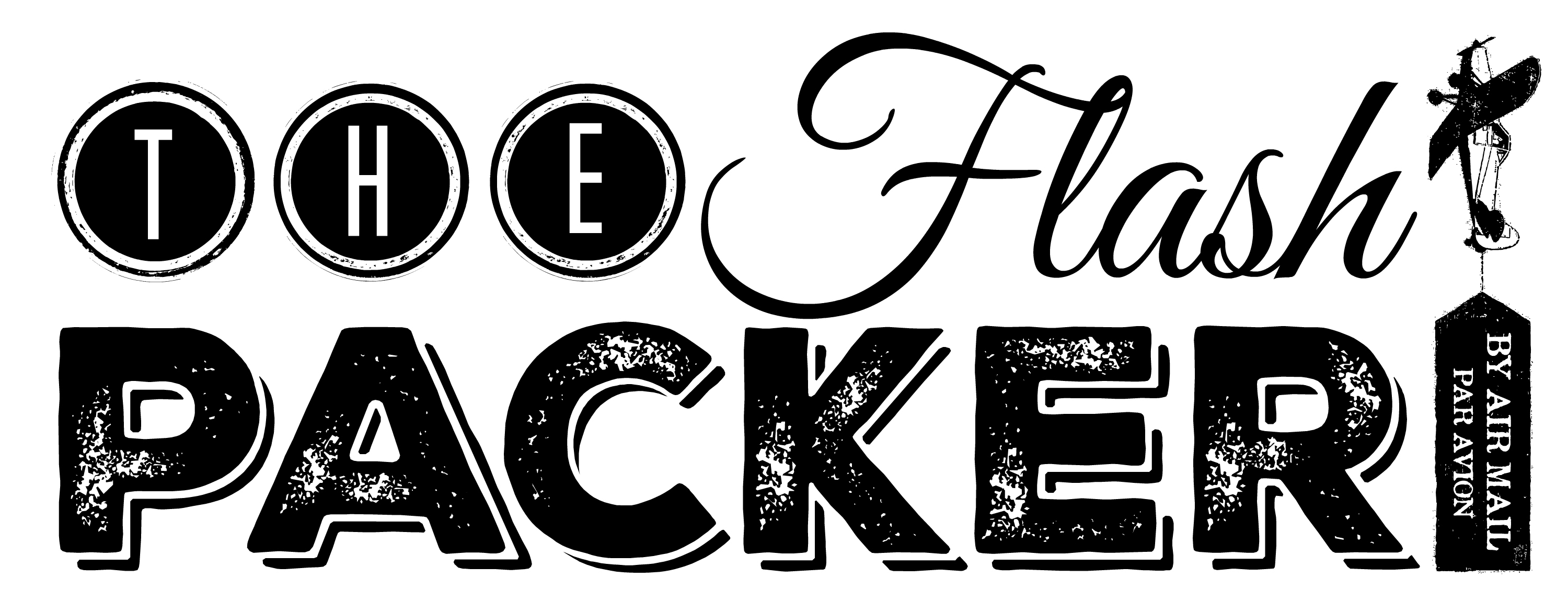

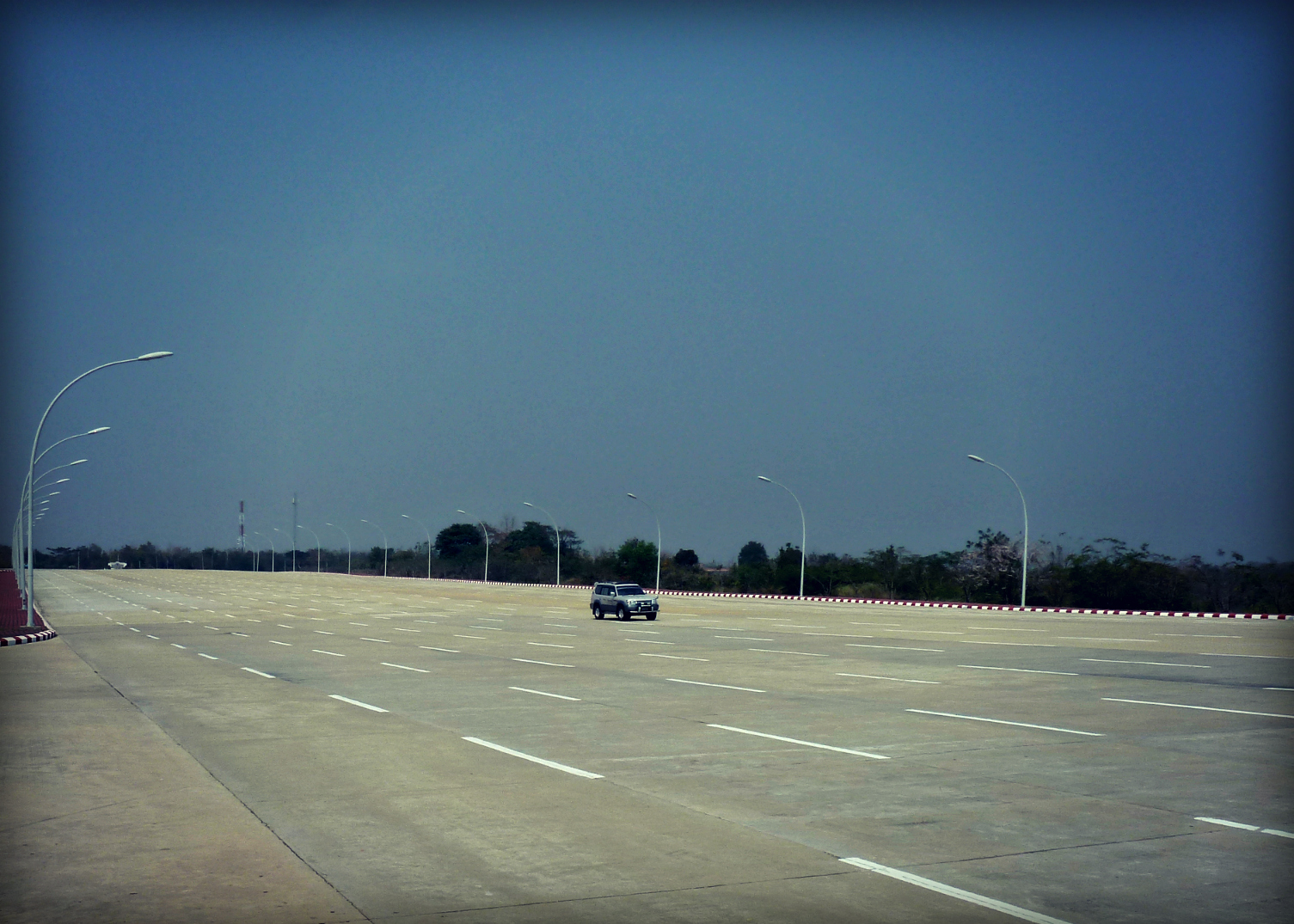
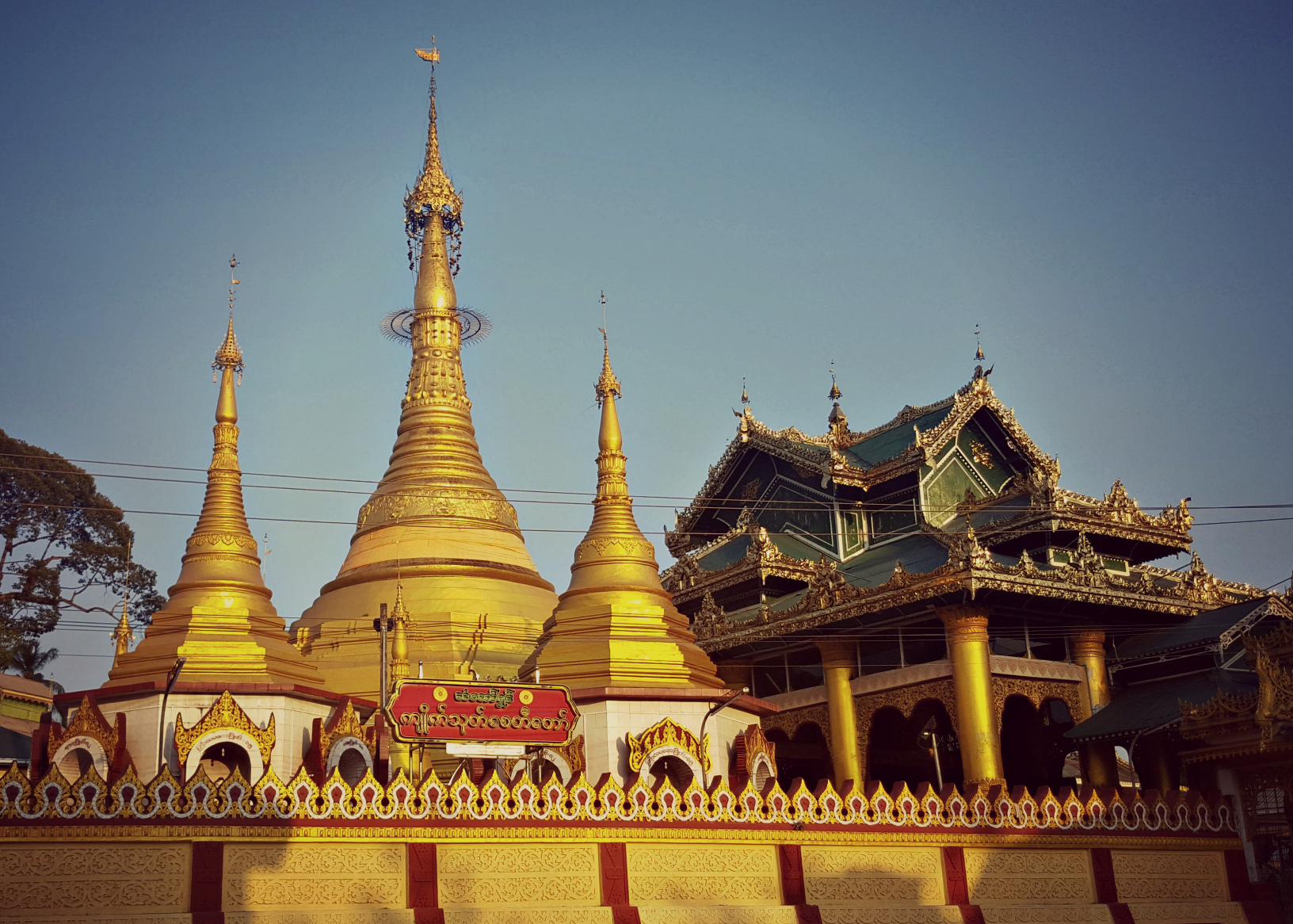
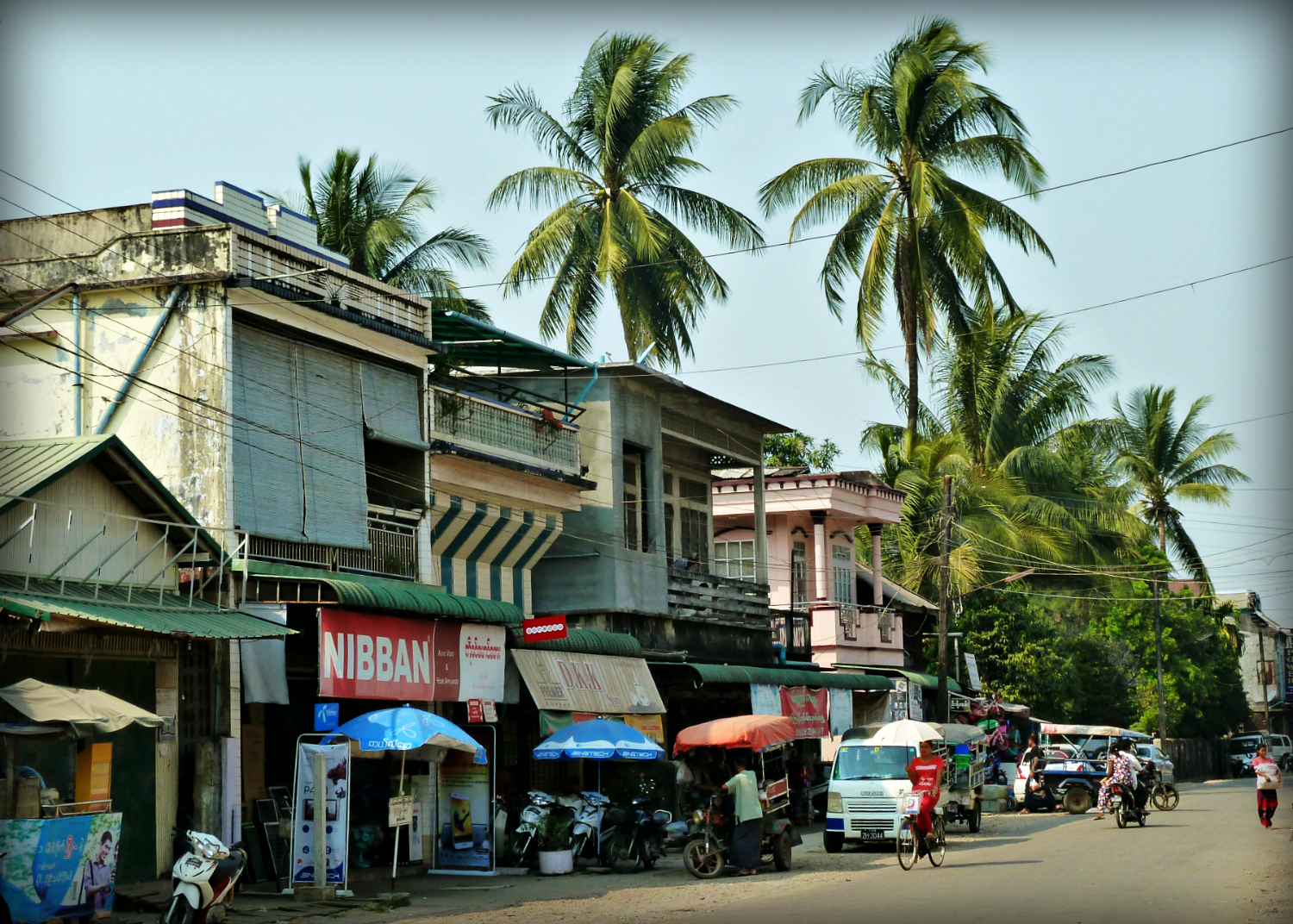
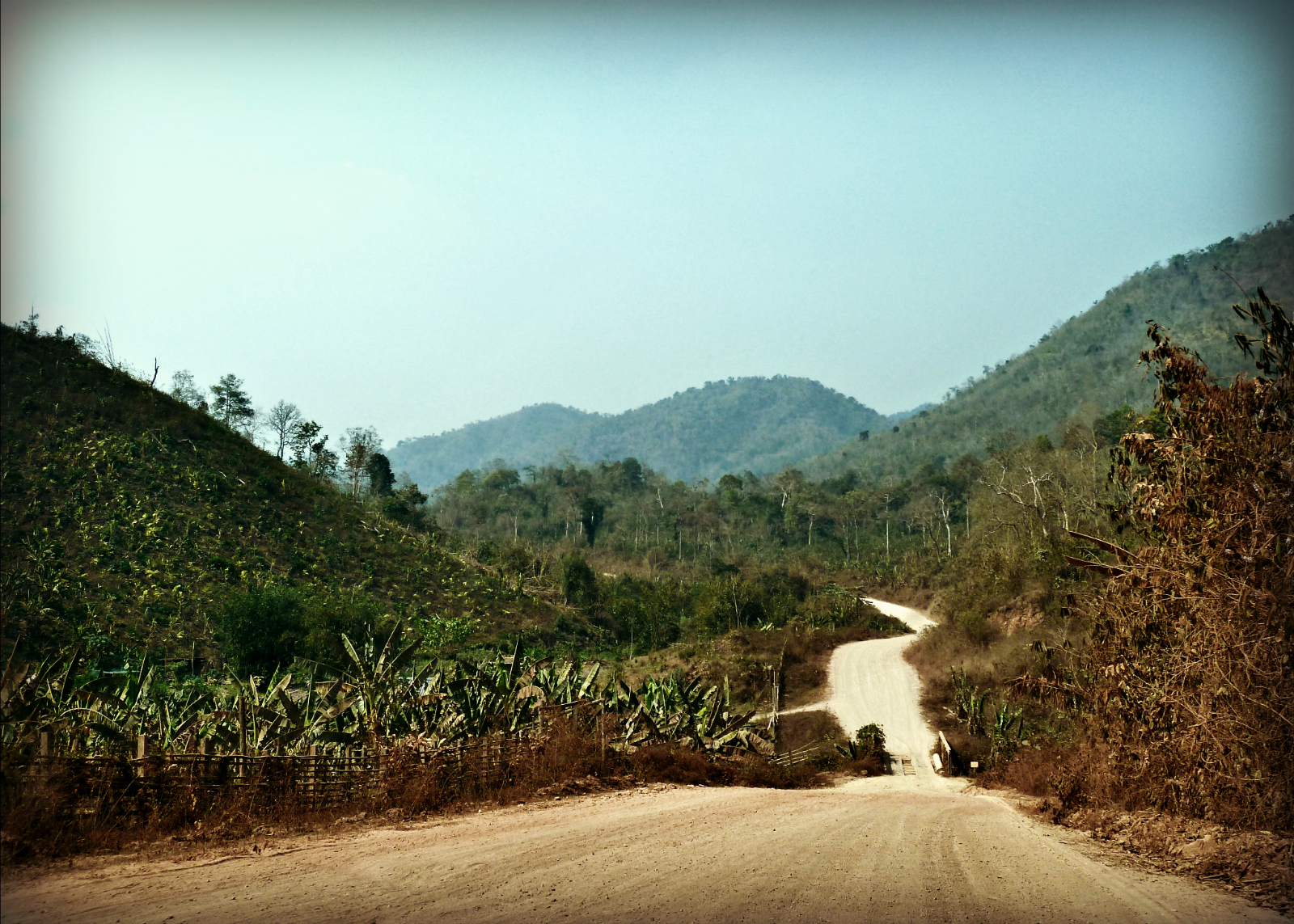
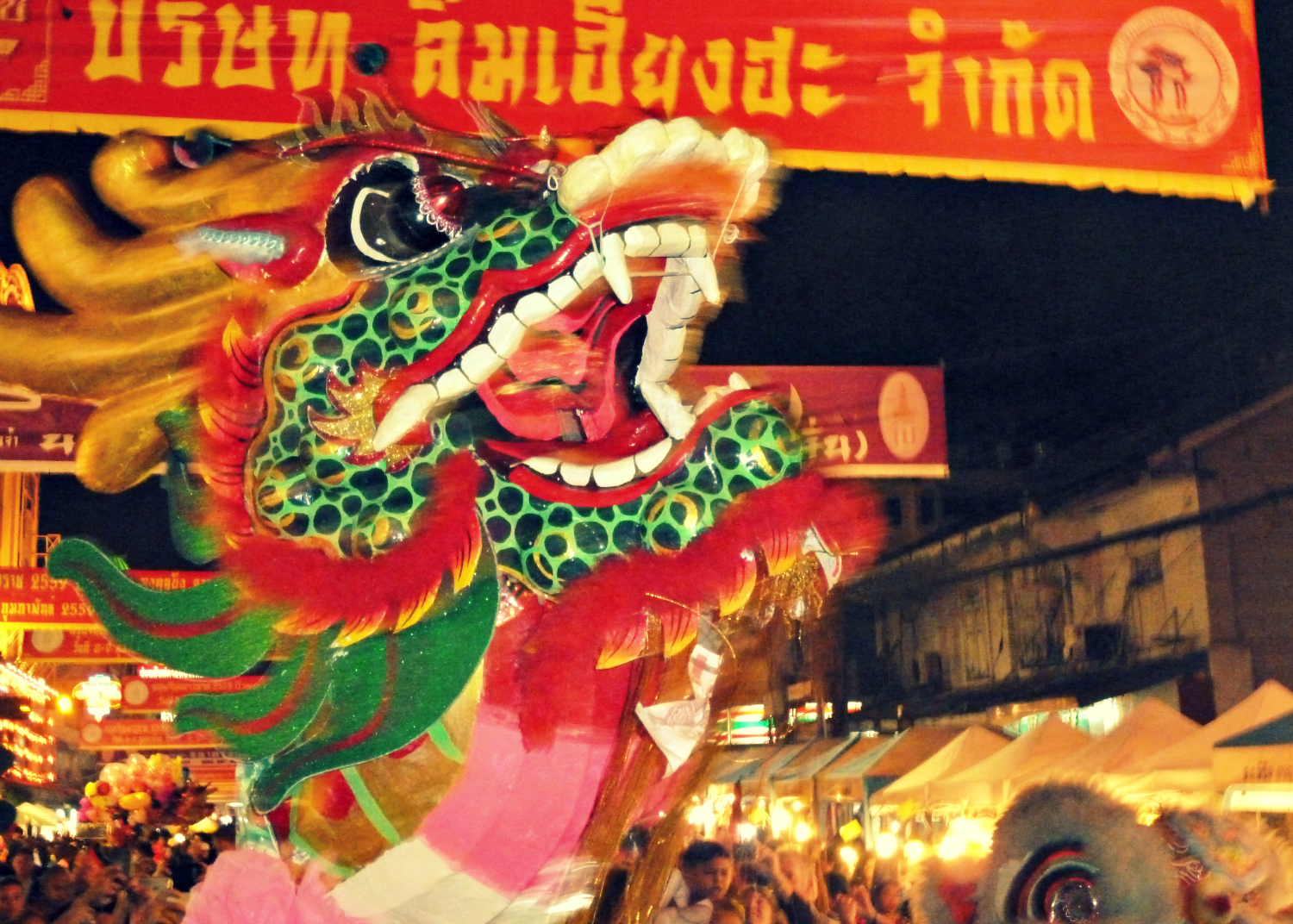
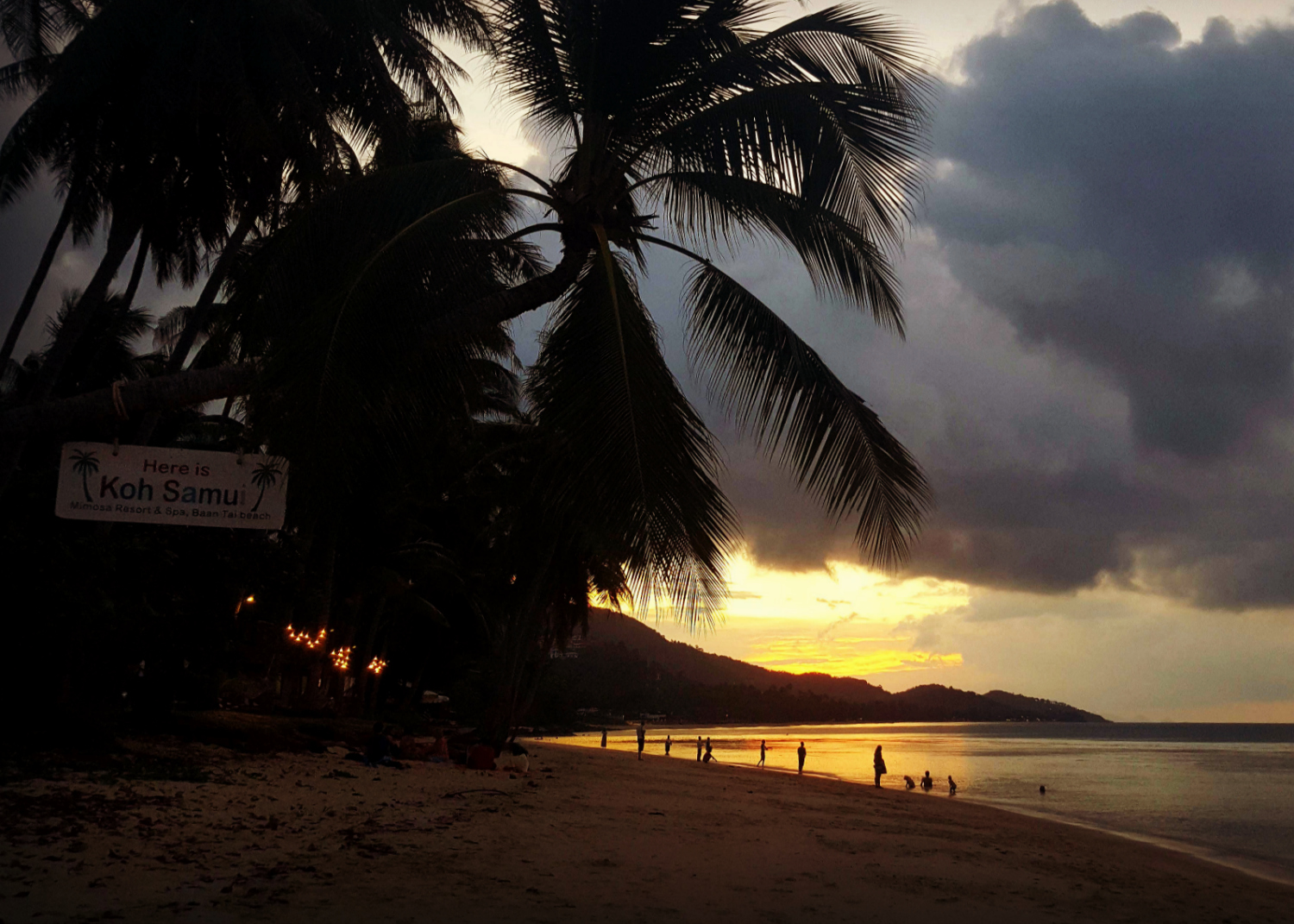
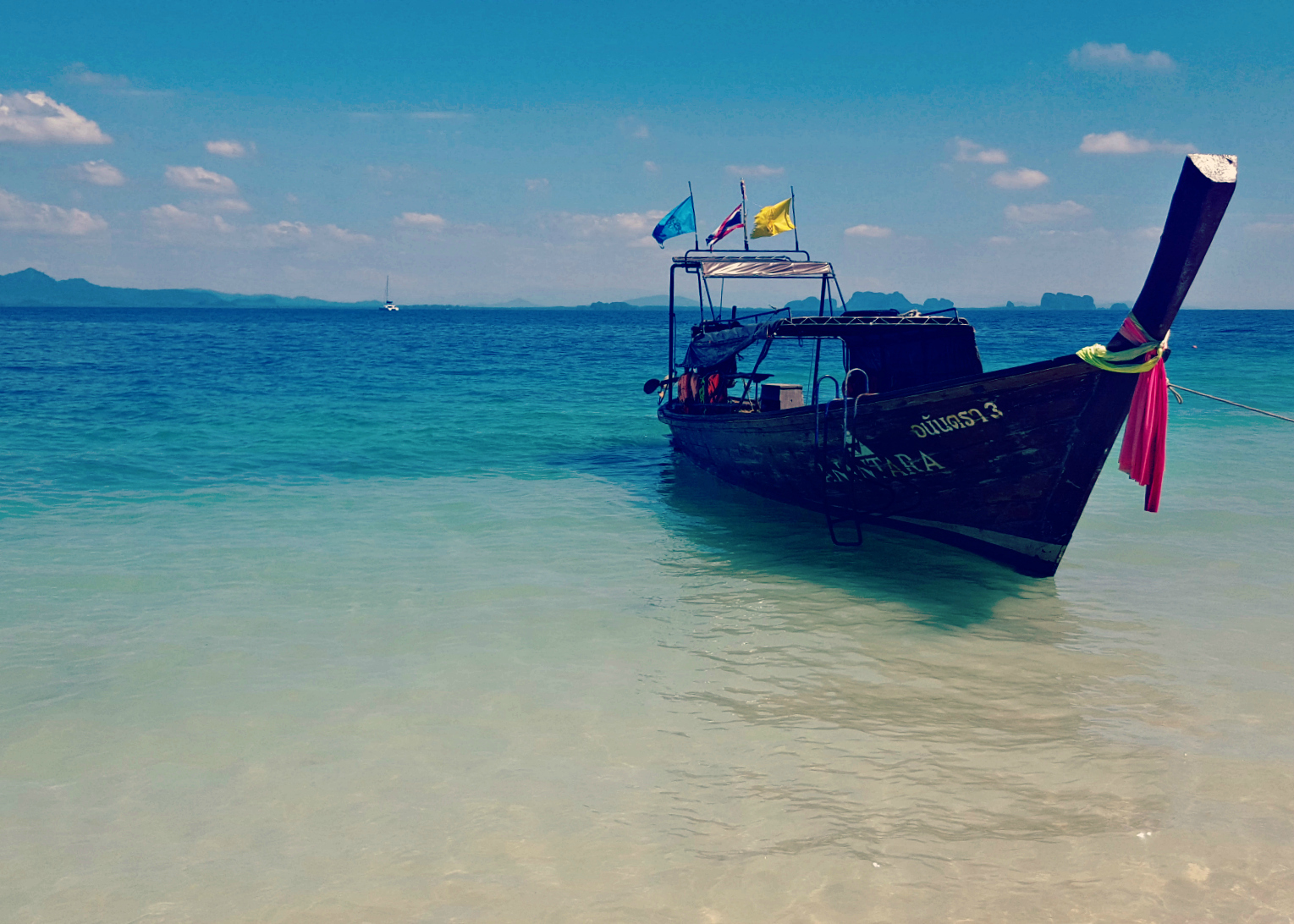
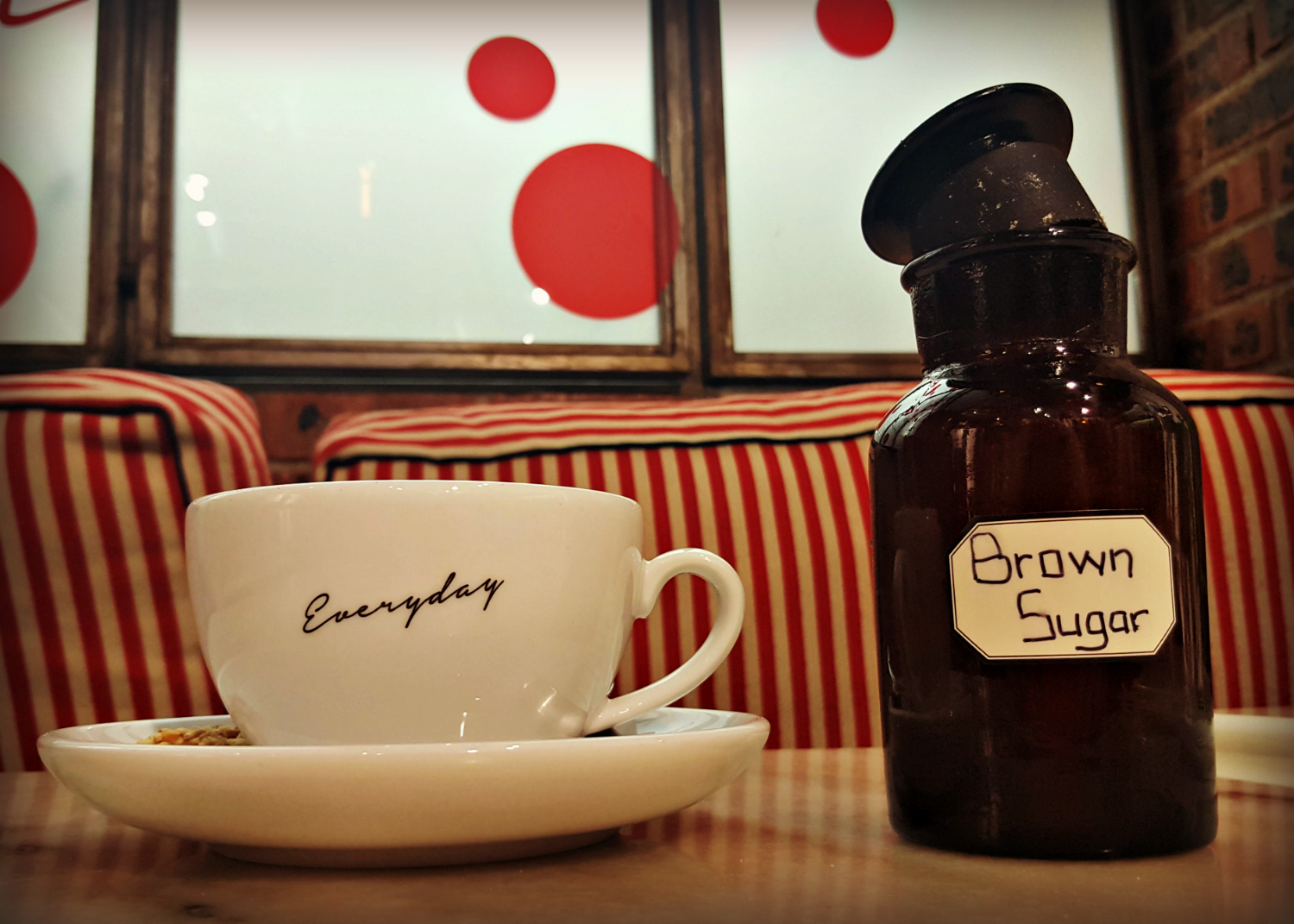
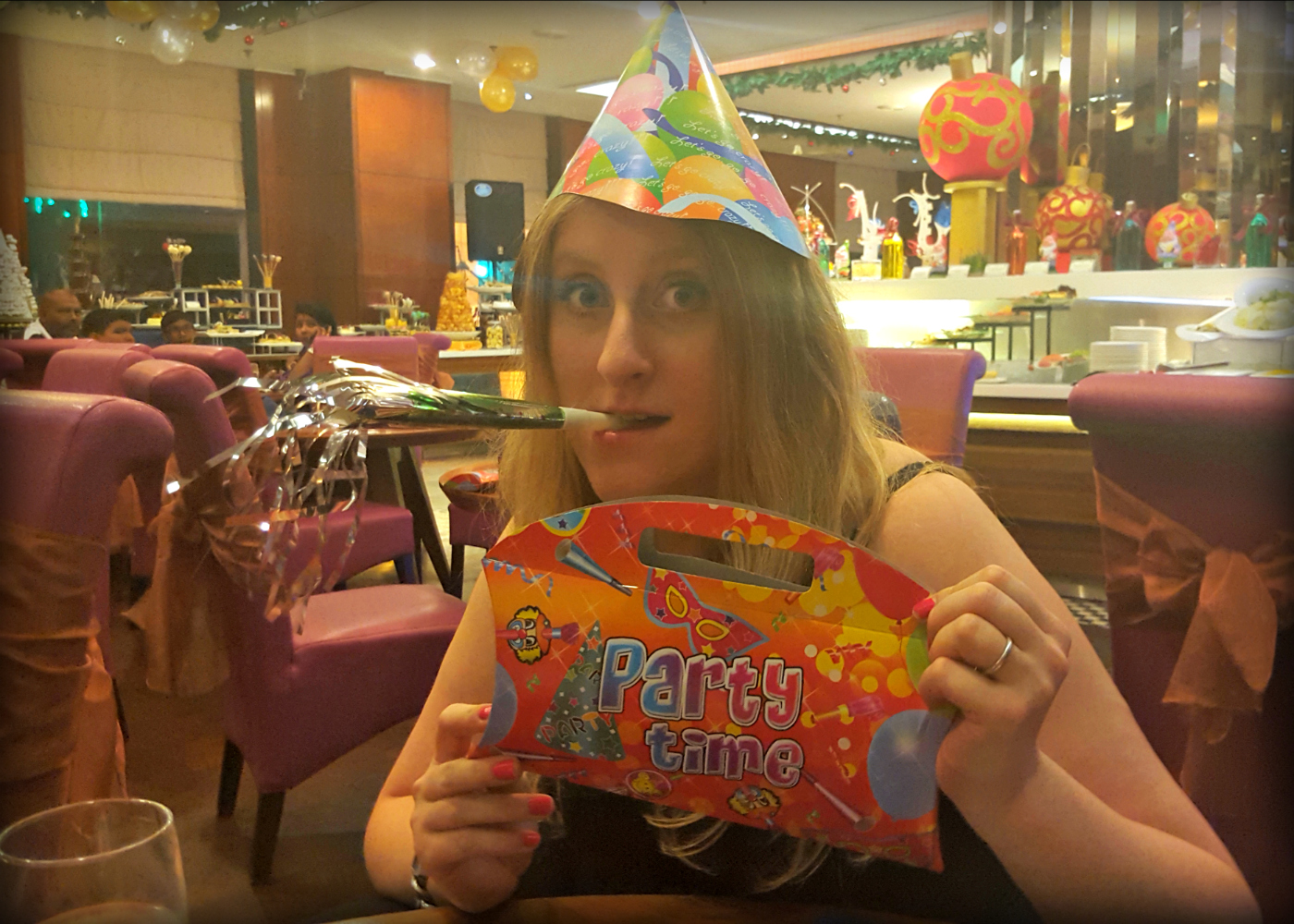
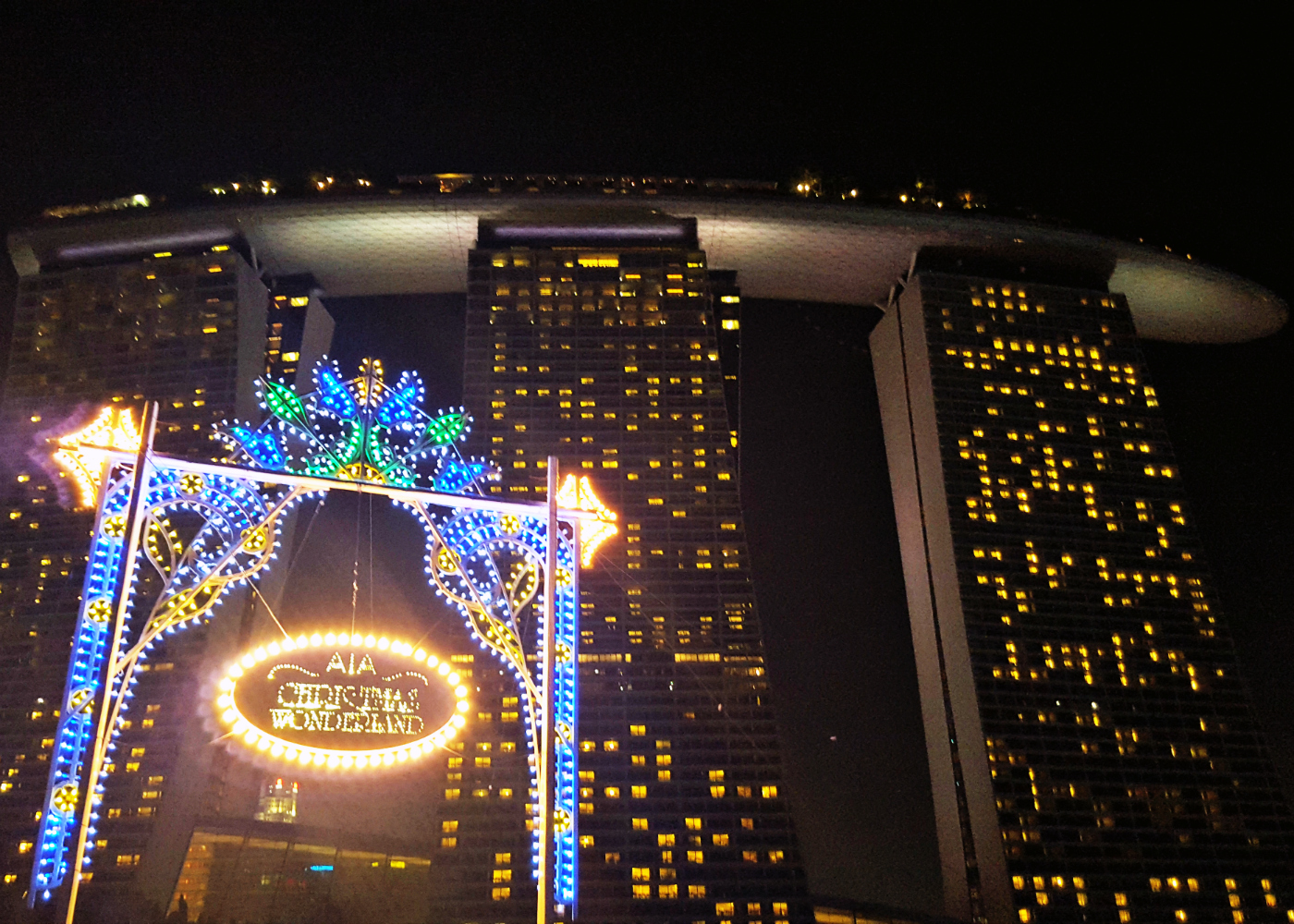
 RSS – Posts
RSS – Posts
